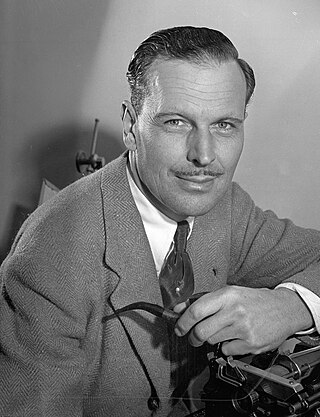The Third Alarm may refer to:
- The Third Alarm (1930 film), an American pre-Code drama film
- The Third Alarm (1922 film), an American silent melodrama
The Third Alarm may refer to:
Varda may refer to:
Seventeen or 17 may refer to:
3 is a number, numeral, and glyph.
Tomorrow may refer to:
Siren or sirens may refer to:

"Alarm Call" is a song recorded by Icelandic singer Björk for her third studio album Homogenic (1997). It was released as the fourth single from the album, peaking at number 33 in the United Kingdom. The sped-up radio edit of the song was used in the 1999 film The Mod Squad.
Vinyl may refer to:

"Ring the Alarm" is a song recorded by American singer and songwriter Beyoncé for her second studio album, B'Day (2006). It was written by Knowles, Kasseem "Swizz Beatz" Dean, and Sean Garrett. Columbia Records released "Ring the Alarm" as the second single from B'Day in the United States on October 17, 2006, while "Irreplaceable" (2006) was serviced as the album's second international and third US single. The song's development was motivated by Knowles' role in the Broadway musical adaptation Dreamgirls (2006). The cover art of "Ring the Alarm" proved controversial because Knowles used alligators during the photography session. PETA declared that Knowles' posing with a baby alligator was arguably abusive to an animal.
Alarm may refer to:
To cry wolf means to raise a false alarm, derived from the fable The Boy Who Cried Wolf.
Michael or Mike Peters may refer to:
False Alarm may refer to:
Sound the Alarm may refer to:

"Pound the Alarm" is a song by rapper Nicki Minaj. It was released on June 12, 2012 by Young Money, Cash Money, and Universal Republic as the fourth single from her second studio album, Pink Friday: Roman Reloaded (2012). The song was written by RedOne, Carl Falk, Rami Yacoub, Bilal Hajji, and Achraf Jannusi, with co-writing credits from Minaj, and production was handled by RedOne, Falk, and Yacoub. Despite the song not winning the poll where Minaj and her label asked fans to pick the next single from her album, the label went ahead and released "Pound the Alarm" due to a large number of airplay requests for the song.
Vulcain is French for Vulcan.

Alfred Emory Johnson was an American actor, director, producer, and writer. As a teenager, he started acting in silent films. Early in his career, Carl Laemmle chose Emory to become a Universal Studio leading man. He also became part of one of the early Hollywood celebrity marriages when he wed Ella Hall.

The Third Alarm is a 1922 American silent melodrama directed by Emory Johnson. FBO released the film in January 1923. The film's "All-Star" cast included Ralph Lewis, Johnnie Walker, and Johnson's wife, Ella Hall. Emilie Johnson, Johnson's mother, wrote both the story and screenplay. The Third Alarm was the second picture in Johnson's eight-picture contract with FBO.

Windows Clock is a time management app for Microsoft Windows, with five key features: alarms, world clocks, timers, a stopwatch, and focus sessions. The features are listed on a sidebar. The app is similar in functionality and design to the Clock app on iOS. Windows Clock was available on mobile devices for over a decade before it was available on PCs with the introduction of Windows 8.1. Tiles for alarms, timers, and the stopwatch can be pinned to the Start menu. The latest version of the app uses the Universal Windows Platform APIs and adopts Windows UI theme. Windows Clock is distinct from the Windows taskbar's clock, which has been part of Windows since 1995.
The Last Alarm may refer to: